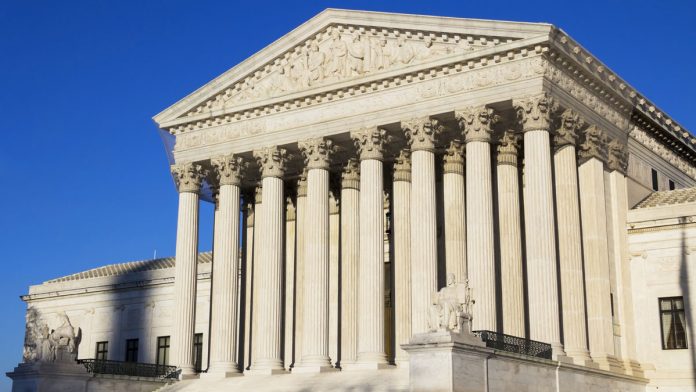Challenged Statements Protected By Absolute Privilege, COA affirms
Olivia Covington for www.theindianalawyer.com
The Indiana Court of Appeals has affirmed partial summary judgment for an Indianapolis law firm in a defamation case, finding the challenged statements made by the firm were protected by absolute privilege.
The case of Thomas N. Eckerle v. Katz & Korin, P.C. and Michael W. Hile, 49A02-1608-CT-1894, centers around a series of claims related to Boone County Utilities LLC, a failed utility company. In 1995, Newland Resources LLC and Branham Corp. entered into an agreement to form BCU; it subsequently filed for bankruptcy in 2003.
A liquidation plan for BCU “‘called for BCU’s creditors to be paid 100 percent of their allowed claims and for the distribution of $3.0 million to Newland, BCU’s sole member, per its allowed equity interest.†Shortly thereafter, Branham filed for bankruptcy, and Indiana attorney Thomas Eckerle represented Newland in those bankruptcy proceedings.
Branham also sued Newland and other defendants related to the BCU transaction, including Eckerle, alleging conversion, conspiracy and breach of contract. The conversion and conspiracy claims were dismissed, and Branham was awarded roughly $390,000 from Newland on the breach of contract claims.
Then in 2011, Branham, represented by now defunct-firm Stewart & Irwin, once again sued Newland and Eckerle, this time asserting criminal offenses related to the distribution of certain BCU-related funds, from which Branham said it was entitled to treble damages. Those claims were not successful, but in 2012, BCU reopened its bankruptcy action and filed a complaint against Branham and S&I, urging the bankruptcy court to declare its rulings had a preclusive effect relating to Branham’s claims. That case was known as AP-128.
Katz & Korin P.C. and attorney Michael Hile entered their appearance for S&I, which was later dismissed without prejudice from the proceedings, subject to BCU’s right to later seek sanctions. BCU then filed an amended complaint in bankruptcy court, which Katz & Korin moved to dismiss.
Eckerle then moved to intervene as a plaintiff in AP-128, alleging that Hile had made “defamatory, despicable and completely unfounded charges of bankruptcy fraud†against him, including referring to his work for Newland as “monkeyshines†and alleging he was hired to assist in the “fraudulent transfer of assets.†The firm filed a response on Nov. 4, 2013, and the bankruptcy court denied Eckerle’s motion. The court also struck the Nov. 4 document “since it was filed by an entity not a party to this adversary proceeding.â€
Eckerle then filed a defamation, invasion of privacy and abuse of process case in October 2015. He raised multiple claims of libel against Hile for statements he made during the proceedings, but the firm claimed absolute privilege, among other affirmative defenses. The parties filed cross-motions for partial summary judgment, which the court granted to the firm and Hile, finding the firm had absolute privilege because the statements were “relevant and pertinent†to AP-128.
The Indiana Court of Appeals agreed, with Judge Patricia Riley writing the alleged defamatory statements were relevant because they were the result of BCU’s bankruptcy, from which AP-128 stemmed. Similarly, because S&I was originally party to AP-128 and because Katz & Korin served as counsel for S&I throughout the proceedings, the statements can be protected by absolute privilege, Riley wrote.
Finally, relying on the decision in Briggs v. Clinton County Bank & Trust Co., 452 N.E.2d 989, 997 (Ind. Ct. App. 1983), the appellate panel found the statements made by the firm in the Nov. 4 document are protected, even though the court struck the document.





